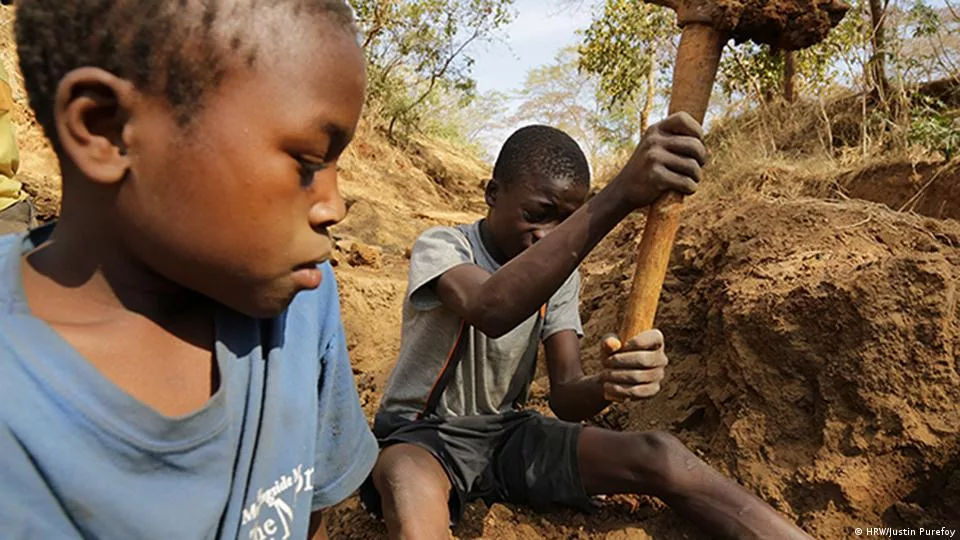Farming is not just a way of life; it’s a valuable learning ground for kids. However, ensuring the safety of children on a family farm is paramount. Here, we’ll explore the significance of farm safety education for children and provide practical tips on age-appropriate tasks, equipment awareness, and emergency procedures. According to C & C Farm and Home, the following five tips are crucial in teaching kids about farm safety:
1. Explain the basics
Before you even think about taking your child onto a working farm, make sure they understand some of the basic concepts of farm safety. This includes understanding how to stay safe around animals, machinery, and other hazards unique to farms. They don’t need to know everything, but make sure they know enough to keep themselves out of harm’s way when working on the farm in future years.
2. Make sure they’re dressed appropriately
It’s one thing if you go onto a farm with your kids and they don’t want to wear any protective gear, but it’s another thing entirely when they’re working on an active farm where extreme caution is a requirement. Ensure everyone is properly equipped before taking them anywhere near livestock or machinery so no accidents happen.
3. Set clear rules about what can and cannot be done while on the farm
One rule might include not touching anything without asking first; another might prohibit children from riding on tractors or other farm vehicles. Setting clear boundaries can help keep your kids safe while they’re on the farm. And don’t forget to enforce these rules that it’s important that everyone follows them.
4. Teach them about emergency procedures
In case of an emergency, your kids must know what to do. This includes knowing how to call for help and where to go if there is a dangerous situation. Make sure they understand the basic principles of first aid, too, in case someone gets injured while working on the farm.
5. Keep communication open
As a farmer, it’s important that you stay in close communication with your children while they’re working on the farm. This way, if there’s an issue or something else they need help with, you can be there to provide assistance. It also gives everyone a chance to discuss what went well and what didn’t go so smoothly during their day on the farm!
Age-appropriate tasks for kids on the farm
Despite knowing the importance of educating kids and children on tasks to be carried out on the farm, there are age brackets for them as well:
1. Toddlers (2-4 years)
Supervision is key: Always supervise young children closely around farm equipment and animals. Introduction to simple chores by starting with small tasks like picking up toys or feeding small animals with close supervision.
2. Elementary age (5-10 years)
Basic equipment awareness: Teach them about basic farm tools and machinery, emphasising the importance of keeping a safe distance and simple farm chores by involving them in age-appropriate chores like collecting eggs, weeding, or watering plants.
3. Pre-teens (11-13 years)
Equipment safety training by providing thorough training on using specific farm equipment they may need to operate. Responsibility with supervision allow them to take on more responsibilities with continuous supervision by gradually increasing their independence.
Conclusion
A safe foundation for future farmers
Farm safety education for kids is not just a precaution, it’s an investment in their well-being and the sustainability of the family farm. By teaching them the basics of safety, you’re providing them with a solid foundation for a lifetime of responsible and secure farming practices. Remember, fostering a culture of safety on the family farm not only protects children, but also contributes to a thriving and sustainable agricultural environment, C & C Farm and Home stated further.

